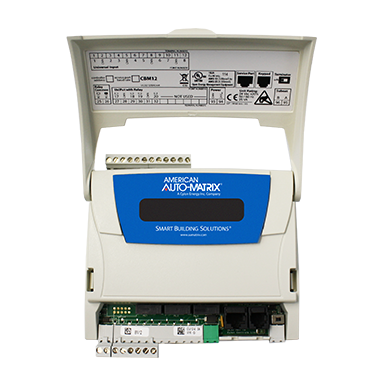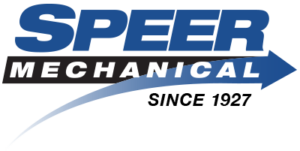Solving the Conundrum of Open Protocols in Building Automation Control Systems
Even with widely available product flexibility for today’s building automation control systems, building owners and facility directors can struggle with the complexity in communications between automation control systems. Effective building automation requires complex communication between all kinds of different building systems—lights, mechanical equipment, security systems—the list seemingly goes on and on.
Historically, proprietary control systems limited product flexibility, and subjected building owners to potentially increased costs by limiting competition. While reliance on strictly proprietary systems is declining (mainly driven by web based solutions), truly open systems can still be challenging.

What Are the Advantages of Industry Standard Protocols?
Advantages of utilizing industry-standard protocols include:
- Readily available updates as technology evolves.
- Support by multiple manufacturers, software vendors, and installers; bringing added flexibility and potential cost savings.
- Ease of communication with building sub-systems such as chillers, lighting, etc.

What Are Some Common, Industry-Standard Protocol Types?
BACnet is a building automation protocol that is an ANSI standard under the auspices of ASHRAE. Products are certified for compliance by the BACnet Testing Laboratories (BTL). BACnet applications support many building operations including HVAC, lighting, fire protection, and security.
LonWorks is another building automation protocol also accepted by ANSI. It is an international standard, primarily utilized in HVAC and lighting, with some utility and process applications also.
Working Toward Complete Open Protocols in Your Building?
Here are some tips to consider.
- Rely on a systems-integrator partner who is committed to open protocols, non-use of proprietary products, and can guide you through the available choices.
- Use only devices and products that are “certified” by the specific protocol organization. Avoid those devices and products that are only labeled as “compatible.”
- Ask Questions:
- How many vendors support this protocol?
- How will it work with the equipment already in my building?
- Can I add devices later? How much will it cost to do so?
- Are there any licensing fees required?
- How does remote monitoring and alarming work?
- What is the hourly rate for service, programming, etc., and how many support people (techs, engineers, programmers) are available?
- What is guaranteed response time for service?
Need more information? Speer Mechanical is fully committed to supplying our customers with complete open protocol control systems through the utilization of Tridium front end integration, and BTL listed and certified BACnet controllers. Contact us at 614.261.6331.
